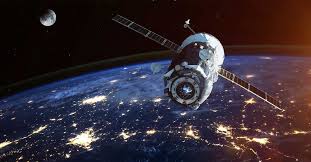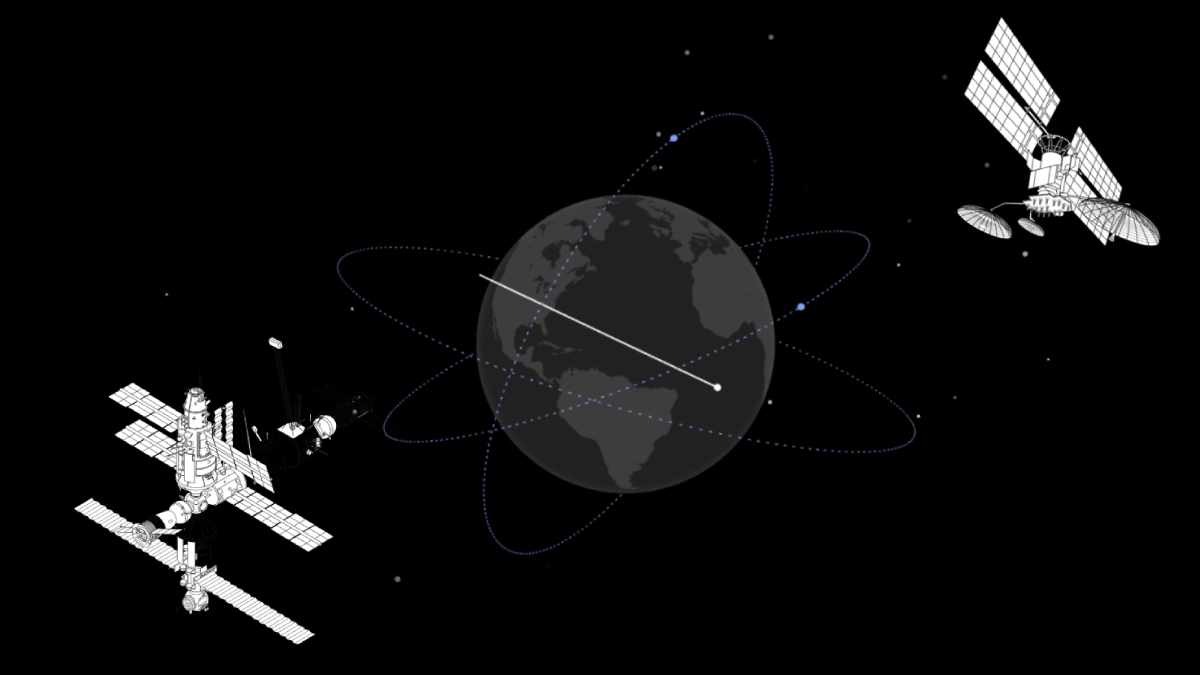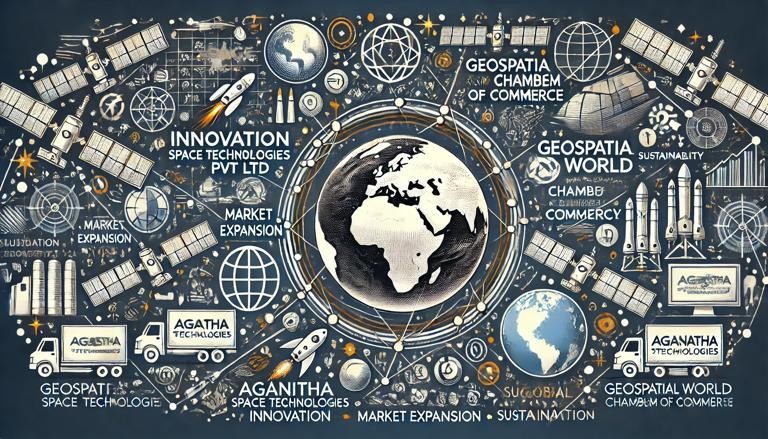The geospatial and space industries are set to become key drivers of economic growth and technological advancement in the years ahead. With a supportive regulatory framework, active private sector involvement, and international cooperation, these industries can flourish even further. As a chamber of commerce, we are dedicated to facilitating these endeavors and assisting businesses in seizing the abundant opportunities in the geospatial and space sectors.
Geospatial Technology: A Catalyst for Economic Growth
Geospatial technology encompasses a range of tools and techniques for mapping and analysing the Earth’s surface. Its applications are vast, impacting various sectors such as agriculture, urban planning, disaster management, and infrastructure development. For instance, precision farming enabled by geospatial data can significantly enhance crop yields and food security. Similarly, smart city initiatives leverage geospatial technology to optimise resource allocation and improve urban living conditions.
India, with its rapidly expanding digital infrastructure and spurring tech-savvy population, is well-positioned to capitalise on these trends, driving substantial growth in the global geospatial market fueled by the increasing demand for location-based services and the integration of geospatial data with emerging technologies like artificial intelligence (AI) and the Internet of Things (IoT).
Global Trade and Collaboration
The geospatial and space industries are inherently global, with international collaboration being a cornerstone of progress. Bilateral and multilateral agreements, such as the U.S.-India Commercial Space Cooperation, play a pivotal role in fostering collaboration and sharing expertise. These partnerships not only enhance technological capabilities but also open up new markets for businesses.
From a trade perspective, the export of satellite launch services, geospatial data, and related technologies presents significant opportunities for economic growth. Indian companies can leverage their cost-competitive advantage to capture a larger share of the global market. Conversely, the import of advanced technologies and components from global partners can further enhance domestic capabilities.
Challenges and the Way Forward
Despite the promising outlook, the geospatial and space industries face several challenges. Regulatory hurdles, limited access to funding, and the need for skilled workforce development are key areas that require attention. Additionally, ensuring the security and ethical use of geospatial data is paramount to maintaining trust and supporting sustainable growth.
Globally, the geospatial industry represents a market of approximately $500 billion, encompassing nearly 60% of the market share from space infrastructure, including downstream applications of Earth observation and global navigation satellite systems (GNSS) capabilities. As we aim to propel this industry into the trillion-dollar realm, it’s essential to recognise its substantial growth potential. With a projected compound annual growth rate (CAGR) of 12% and expected future growth of 15%, driven primarily by public policy reforms across advancing nations, the trajectory is clear. With a supportive regulatory framework, active private sector involvement, and international cooperation, these industries can flourish even further.
In summary, the geospatial and space industries stand at the forefront of innovation and economic prosperity. By leveraging supportive policies and fostering collaboration, we can propel these industries to even greater heights, driving global progress and prosperity along the way.






